Summary
The aim of the Digipower investigation was to explore the ecosystems and operating models of a data economy based on the collection and use of data. The information gathered in the investigation was used to profile the nature of digital power and its different dimensions from the perspectives of the economy, democracy and the everyday lives and rights of individuals, including privacy. The investigation made visible data economy mechanisms that until now have largely remained hidden. This is important because we need to better understand how the current data economy works so that we can envisage and build an alternative and fairer future for the data economy.
The investigation involved 15 decision-makers and other European social influencers as test subjects. They went through a “data mentoring programme” to help them understand the movement, quantity and quality of data about themselves using test phones, subject access requests and service providers’ data portals. Based on the data obtained, experts at Hestia.ai, which provided the data mentoring, assessed what could be done with the data collected on the test subjects and how it might be used to influence them. The data received and the analyses based on it were discussed with the test subjects during mentoring.
Compared to Sitra’s Digitrail survey conducted in 2019, which focused on the amount of data collection and the network of collectors, this investigation concentrated more on the flow of data between different services. Above all, it looked at how diverse a picture of the test subjects can be formed using data, and the power it gives to data collectors.
The investigation shows that data collection is not limited to digital environments, but that that detailed information on transactions in brick-and mortar shops may also be passed on to the most important power-holders in the data economy today: global platform companies. In many respects, the test subjects found the results of the investigation startling, which was also one of the points of the study. Raising awareness among decision-makers is a prerequisite for creating a level playing field for the data economy.
Using examples built from the data of individual test subjects, the Digipower investigation also sought to understand of the nature of digital power in general. The investigation stressed that in today’s data economy, the winners are those organisations that are capable of collecting vast amounts of diverse data. Power is cumulative in nature, as new data can be used to refine and add value to data already held by an organisation. In digitalising societies, such power is infrastructural in nature and is exercised not only in relation to individuals, but also to businesses and society as a whole.
Based on the Digipower investigation and other work by Sitra on the data economy, the Sitra working group has developed a set of recommendations on how to build a fairer and more democratically sustainable data economy. Key measures include curbing the power of data giants, promoting the functioning of the data business market, increasing corporate responsibility and advancing the agency of individuals – meaning all of us – by supporting data economy skills and “digital literacy”.
Background information: The Digipower investigation reports
Bowyer, A. et al. 2022. Digipower Technical Reports: Auditing the Data Economy through Personal Data Access (The case studies report). (accessed on 23 May 2022)
Pidoux, J. et al. 2022. Digipower Technical Reports: Understanding Influence and Power in the Data Economy (The narrative report). (accessed on 23 May 2022)
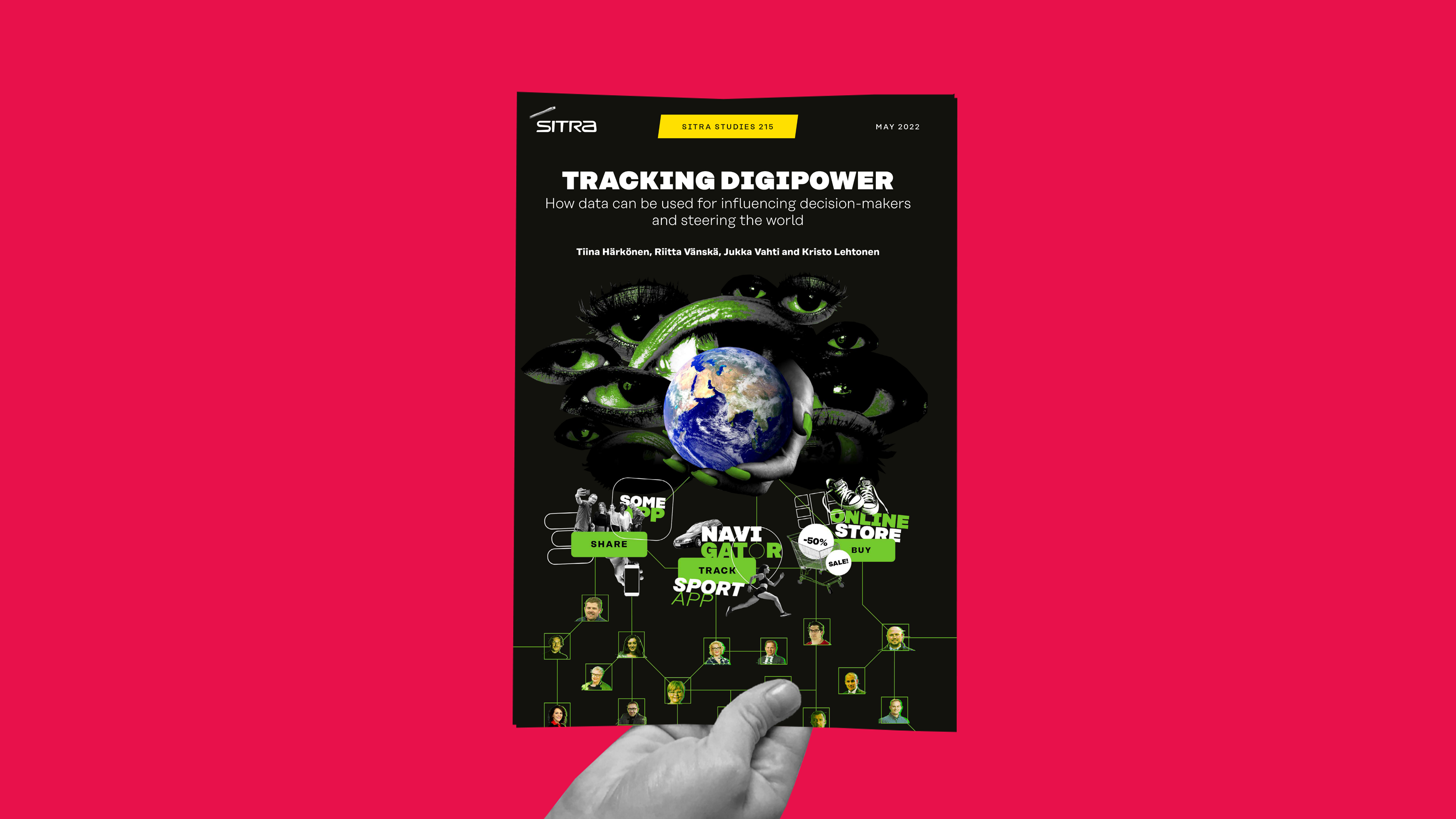
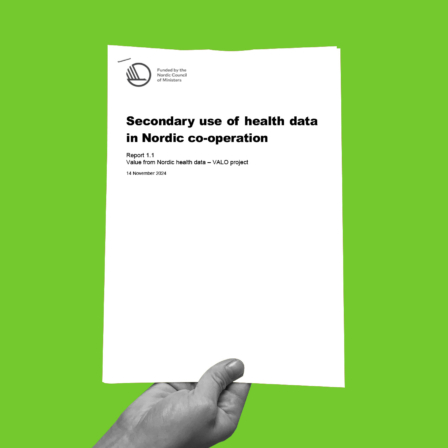
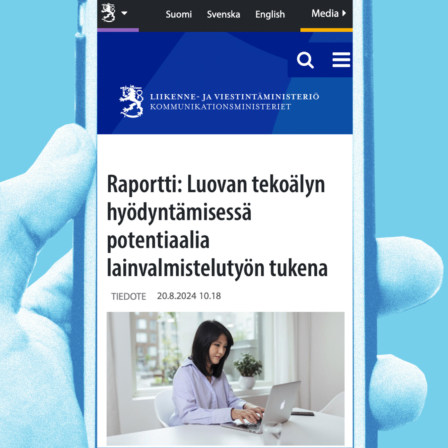

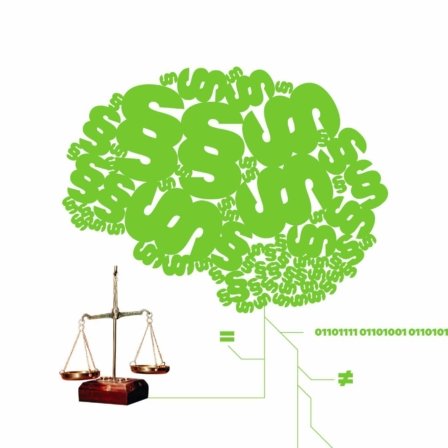






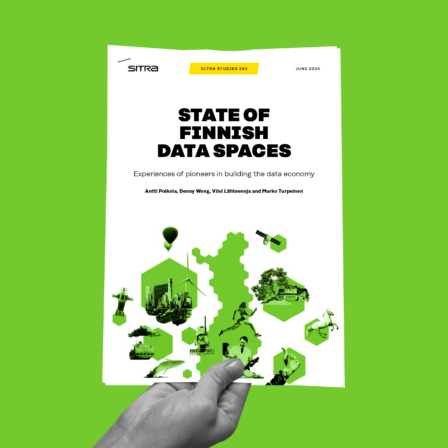
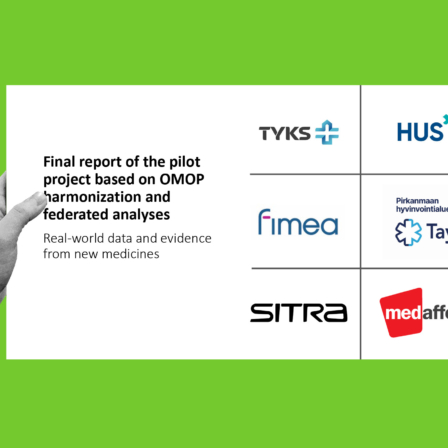

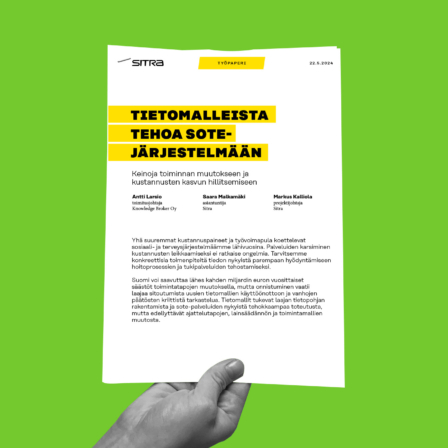

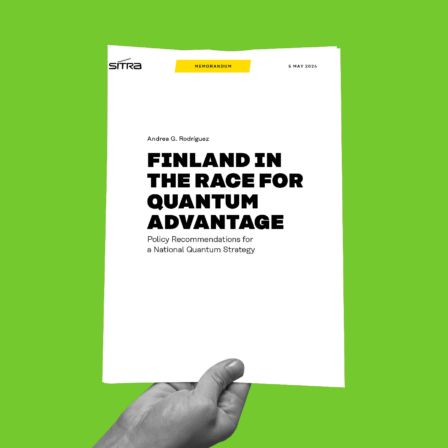
Recommended
Have some more.